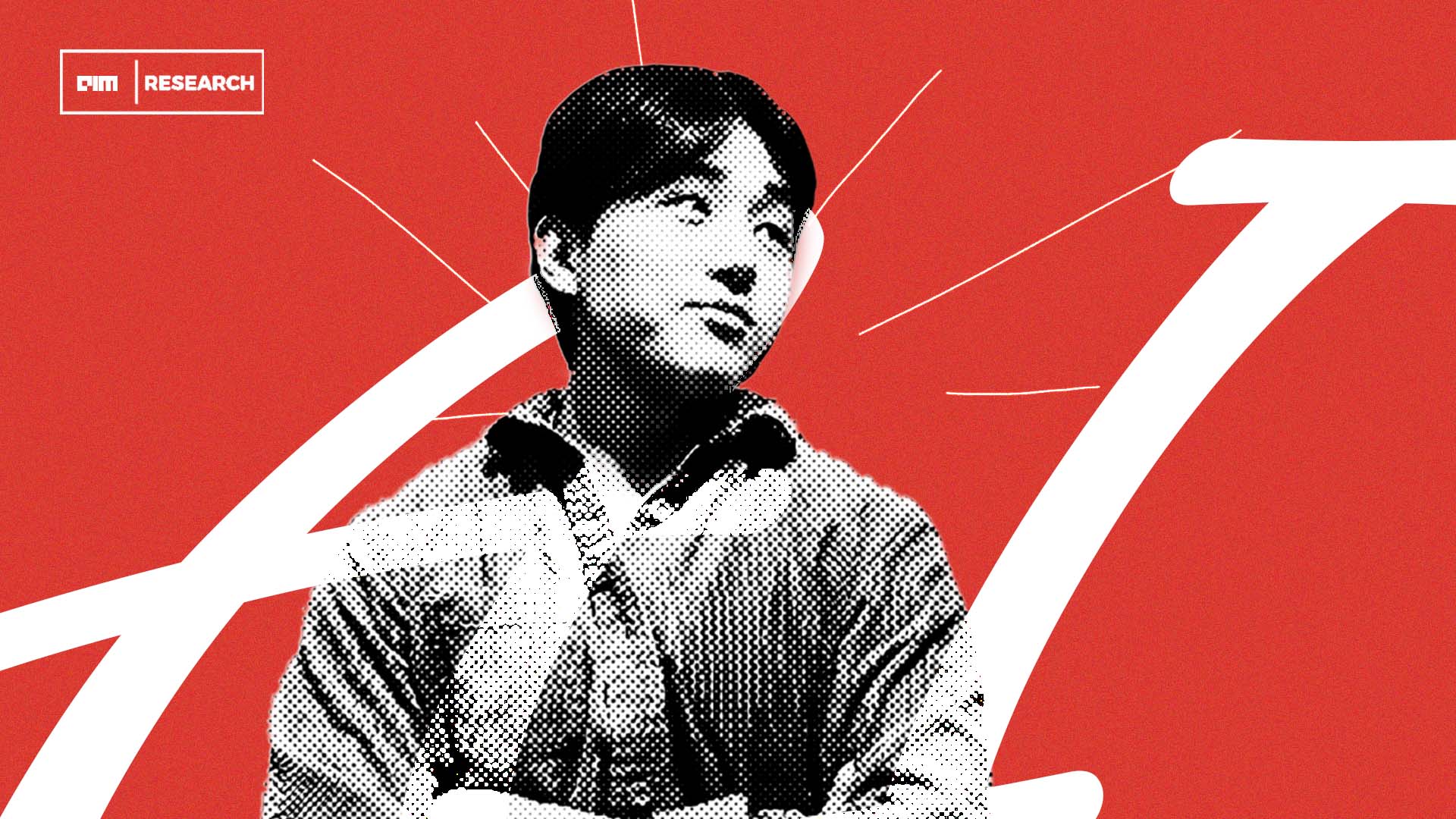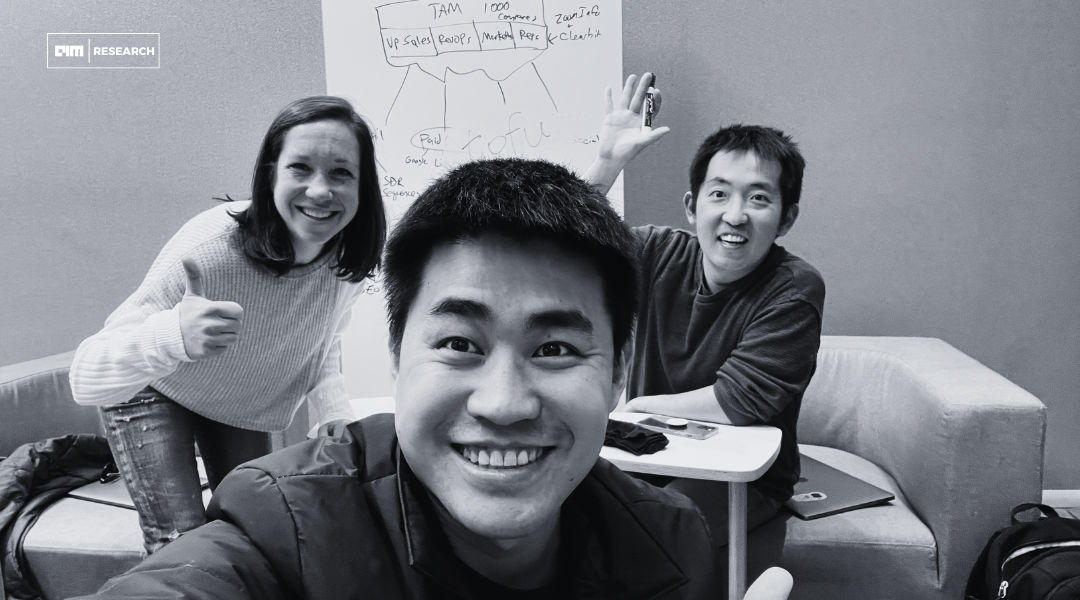

Earlier this year, three founders set out on a mission to reimagine how generative AI can support marketing teams in creating content and bring together a marketing landscape long fragmented by specialized tools. Elaine Zelby, Honglei Liu, and EJ Cho recognized that too many marketing applications each addressing a narrow part of a campaign had led to inefficiencies, siloed data, and ultimately, inconsistent messaging.
Over the past decade, teams have been forced to juggle separate tools for emails, ads, landing pages, and much more. This division not only makes it harder to maintain a cohesive brand voice but also strains lean marketing teams tasked with meeting ever-higher goals. With the advent of large language models (LLMs), the founders saw an opportunity to help teams create content at scale while easing the burden of manual processes. And that’s how Tofu was born—named after “Top of Funnel,” a marketing term representing the stage where potential customers first engage with a brand or product.
Tofu’s solution is simple in concept yet broad in its application. The platform is designed to create, execute, and measure hyper-personalized campaigns at scale. Whether it’s generating thousands of account-specific emails for ABM campaigns or tailoring whitepapers to address the concerns of 20 different industries, Tofu’s approach is built on the idea of putting targeted campaigns on autopilot. This allows marketing teams to focus on core messaging and strategic decisions rather than being bogged down by repetitive tasks.
A key component of Tofu’s system is the creation of a “Playbook”—an AI-driven knowledge graph built by scraping a company’s website and existing marketing materials. The Playbook is organized into three sections: company information (including products, branding, logos, fonts, and colors), target segments (personas, industries, accounts, and even specific campaign stages), and repurposable assets such as webinars, podcasts, and research studies. Once established, the Playbook feeds into the system to generate personalized campaigns that can range from account-level landing pages to persona-specific messaging.
Tofu integrates with popular campaign execution tools like HubSpot and Marketo, ensuring that the new content fits directly into teams’ existing workflows. Based in San Mateo, California, Tofu is currently in beta with enterprise customers and has built a pipeline of more than 300 qualified leads. They recently secured $12 million in Series A funding led by SignalFire.
The trio behind Tofu brings an eclectic mix of expertise to the table. Elaine Zelby has led marketing teams at companies like Slack, Consensys, and Capriza. Honglei Liu has held leadership positions in machine learning at Twitter, Affirm, and Facebook. And EJ Cho’s career in AI began at Google, where he trained language models straight out of graduate school. Cho’s journey is as varied as it is instructive—a biomechanical engineer turned growth marketer, then venture capitalist, and now founder. Having studied both undergraduate and graduate programs at Stanford, he has also been the driving force behind raising around $75 million from investors such as Andreessen Horowitz. His experience in seed investing at the intersection of AI and enterprise SaaS provided a broad view of where generative AI was heading and ultimately spurred him to build Tofu.
At its core, Tofu aims to help marketing teams “do more with less.” In conversations with more than 100 enterprise CMOs, the founders identified two recurring pain points: the difficulty of scaling personalized campaigns and the challenge of repurposing existing content for multiple channels. As teams have become leaner—even as their goals remain as ambitious as ever—the pressure to automate non-creative tasks has never been greater.
In discussions about the practical use of AI in content creation, Tofu’s team has been clear: while humans must continue to lead on creativity and strategy, many of the repetitive tasks in between can now be automated. For example, after a webinar, marketers often face the laborious task of turning that event into blog posts, social media content, and a series of follow-up emails. Tofu’s platform is designed to handle this workload, ensuring consistent, on-brand messaging across every channel.
The conversation among Tofu’s founders and advisors also touched on the broader landscape of AI in content. Text generation tools have become proficient at creating short-form content such as emails and social media copy. Users often interact with these systems as if they were working with a polite intern—experimenting, giving feedback, and gradually refining outputs. However, when it comes to producing entirely new long-form content without adequate context, the output can fall short. Similarly, while audio synthesis now allows for a near-perfect clone of a speaker’s voice from just a few minutes of recorded material, practical applications—like automating voice messages on LinkedIn—remain a challenge.
Image generation, too, has its limitations in the professional B2B space. Although models can create impressive visuals for consumer applications, they often struggle to produce the consistent quality needed for professional blog posts or ebooks. Video content, however, shows promise. With recent advancements in text-to-video technology, marketers can expect to see higher-quality video content that complements their overall strategy, further extending the reach of repurposed materials.
A recent case study with Wunderkind demonstrated the importance of personalisation in outreach. The company’s demand generation and ABM teams were experiencing a bottleneck: manually personalising content for target accounts may take up to two days each. That procedure has been sped up to less than 10 minutes because of Tofu. Wunderkind now has the ability to personalise content for over 1,000 accounts, resulting in a 133% boost in email engagement. Personalised subject lines, in example, received a 42% open rate vs 27% for non-personalised communications.
When asked about the impact of personalised emails, one thing became clear: while many receivers appreciate the human effort behind a message, it is the relevancy of the content that actually drives interaction. As AI-generated emails grow more common, the human touch may fade but the requirement for timely, relevant messaging remains constant. In this changing context, AI’s responsibility is to ensure that every communication addresses a recipient’s needs and pain areas.
Tofu’s approach is built on several key features:
The convergence of marketing and AI is a space that’s heating up. According to a Boston Consulting Group study, 67% of CMOs have already started using generative AI. As technology continues to evolve, the possibilities are endless. From automating event follow-ups to creating true omnichannel personalization, AI is poised to transform how marketing teams operate.
For Tofu, the journey is just beginning. “We’re creating a holistic platform to rebundle and automate top-of-funnel go-to-market for B2B teams,” says Zelby. “We’re not just a tool; we’re a sidekick for marketing teams, helping them focus on strategy and results instead of logistics.”
📣 Want to advertise in AIM Research? Book here >
Cypher 2024
21-22 Nov 2024, Santa Clara Convention Center, CA
A Vendor Briefing is a research tool for our industry analysts, and an opportunity for a vendor to present its products, services and business strategies to analysts who cover the vendor specifically or a related technology or market.
AIM Research encourages technology vendors and agencies to brief our team for PeMa Quadrants, when introducing a new product, changing a business model, or forming a partnership, merger, or acquisition.


